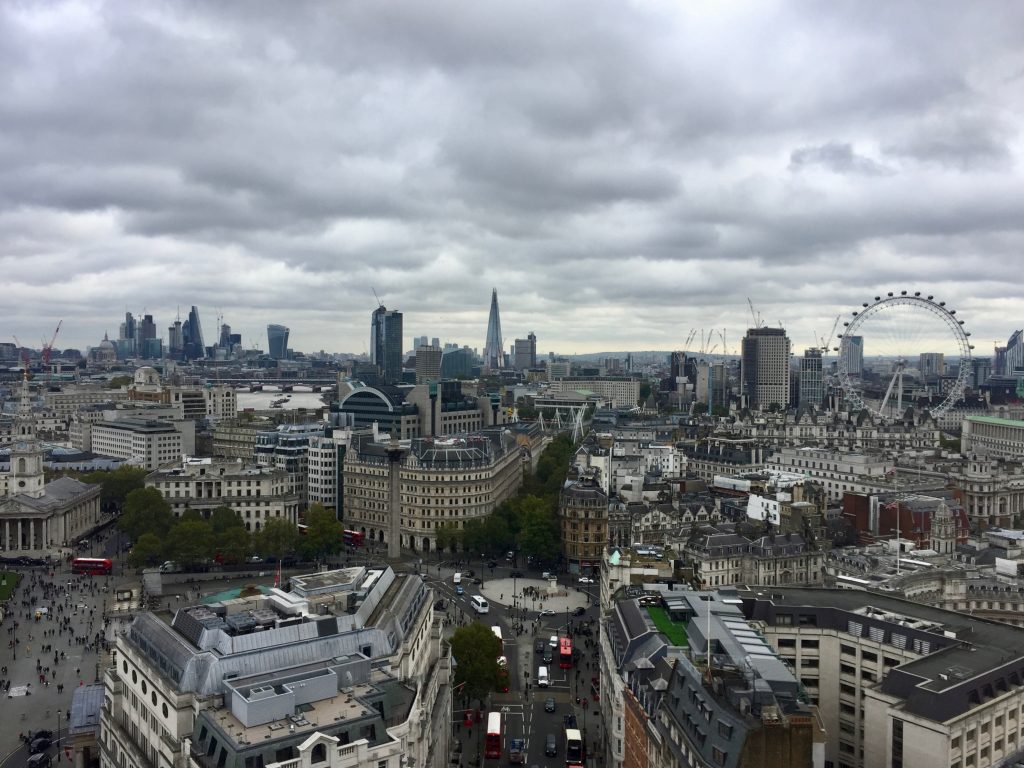By Hayley Brown
On Tuesday 24 October 2017 the Centre for History in Public Health (LSHTM) and the University of Auckland, with sponsorship from NZ-UK Link and the Wellcome Trust held a Symposium at New Zealand House in London entitled, “Entwined Health System Histories: New Zealand and Britain Since 1938”. The purpose was to explore the history of parallel developments of the British NHS and New Zealand’s health system that goes back at least to the influence of the NZ Social Security Act on Britain’s Beveridge Report in the 1940s. The Symposium marked the formal launch of the NZ-UK comparative project that forms part of the larger Health Systems in History Project, which is funded by the Wellcome Trust.
We began the event with two sessions of academic papers. Martin Gorsky discussed different theoretical approaches to comparing the histories of health systems in NZ and the UK and put forward Francis Castles theory of the “Families of Nations” as one possible explanation. John Stewart from the Centre for the Social History of Health and Healthcare, Glasgow then discussed British Progressives and social reform in New Zealand in the 1930s and 1940s. Glen O’Hara of Oxford Brookes then discussed British perceptions of New Zealand from the 1930s to the 1970s.
Linda Bryder began the second session with her paper on Douglas Robb, a New Zealand doctor who critiqued the New Zealand national health service established in 1938 and maintained many important international connections which informed his ideas. Roland Petchey of City University then followed this with a discussion of trans-national knowledge networks and think tanks and their influence on health policy in New Zealand and Britain in the 1950s. Finally, Hayley Brown concluded the session with her paper on neo-liberal ideas and policy-making in the 1980s in New Zealand and the United Kingdom.
Following these sessions, we moved onto an oral history discussion with attendees, many of whom have experience of working in both New Zealand and Britain in the health arena, including at universities, law firms, the Office of Health Economics, NHS England, The Treasury (NZ), The Ministry of Health (NZ), The Department of Health (UK) and The King’s Fund. The discussion was very fruitful and participants were generous in sharing their personal and professional experiences as well as making numerous useful suggestions that have provided our team with many leads to follow up including the intellectual influence of Mike Cooper who taught health economics at the University of Otago for many years and had strong connections to health economists in the UK where he was originally from; the stark difference in terms of health systems between the UK and NZ on the one hand, and Australia on the other; the significant number of NZ doctors who came to the UK for specialist training and never went home; and that it is difficult to speak of a UK health system – there are significant differences between Scotland and England (as well as Wales and Northern Ireland).
We concluded the event by enjoying some New Zealand wine and nibbles whilst appreciating the view of London from the Penthouse at New Zealand House. We hope to have a second event to conclude our project in a few years where we can feedback on our findings.

